Jumping into a spin-off of the Fate franchise without prior knowledge is daunting, considering how it’s spread over so many games and media projects. Fate/Samurai Remnant acts as a great introduction to the franchise while being an awesome action RPG in its own right, one that juggles lots of different systems without ever feeling overwhelming while keeping its main combat system satisfying, especially for anime fans (and if you’ve picked this up, chances are you are.)
The story of Fate/Samurai Remnant is set in 1600’s Japan during the Keian Uprising. A young samurai named Miyamoto Iori is thrust into a conflict called the Waxing Moon Ritual, where seven individuals battle each other for the prize of having a wish granted. Each of these seven “Masters” is given a Servant, a mystical being who fights alongside them, all of whom are based on historical or mythological figures, such as Jeanne D’Arc. Iori is given Saber, an amnesiac Servant with mastery over water, and the two must survive the machinations of the Waxing Moon Ritual as more enemies encroach upon their home.
Key Details
- Release Date: September 29, 2023
- Platform: Nintendo Switch, PC, PS4, & PS5
- Price: $59.99
- Developer: Omega Force
- Publisher: Koei Tecmo
The Battle System Is The Highlight Of Fate/Samurai Remnant
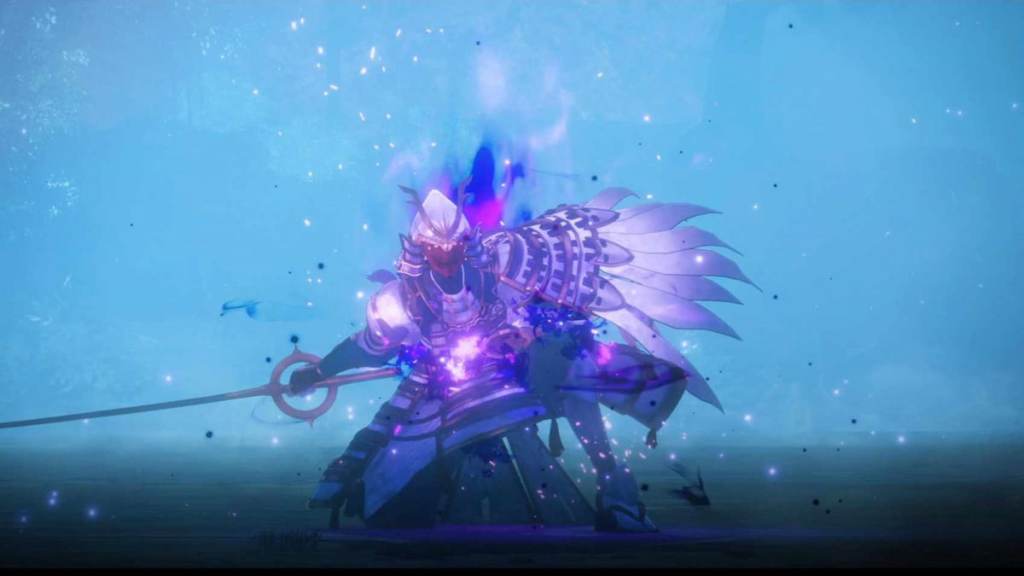
While Fate/Samurai Remnant is an action RPG, its combat system has a lot in common with Musou games, as you’ll often face large groups of humanoid or monstrous enemies, with reinforcements arriving in waves over the course of battle. Some elite units and bosses take considerably more damage, with bigger enemies possessing a “Shell Gauge,” which needs to be depleted before you can properly damage them.
Fortunately, Iori has lots of weapons at his disposal. You have two swords that you can upgrade over the course of the game, along with different fighting styles that you can switch mid-battle. Iori has access to magical spells, though these are powered by gems you earn over the battle, which are depleted upon use.
The main gimmick of Fate/Samurai Remnant is the Servants, as you’ll have Saber by your side throughout most of the game, as well as other Rogue Servants that you unlock over the course of the story. You can have two Servants with you at once, and they perform several functions tied to their Affinity bar, which grows in battle. This allows them to perform powerful super moves and gives you temporary control over them in battle.
This all might sound like a lot, but the various systems work together well, keeping combat feeling fresh throughout the game’s runtime. The flashy anime special moves are spaced out enough that they don’t overwhelm the experience, as you’ll want to save them from interrupting enemy attacks. Juggling all of the systems in combat is all about utilizing all your options as best you can, while trying to survive enemy onslaughts. It’s a fine balancing act, but Fate/Samurai Remnant pulls it off, and the combat never gets dull.
There are some issues with the combat system, one of which is food items. You can heal at any time by eating food, which is done immediately via the pause menu. This causes the same issue Final Fantasy XVI had, where you can stock up on items before a battle and outpace your enemies throughout healing. Fate/Samurai Remnant would have been improved if there were limits on how many food items you could carry or if healing was tied to an animation that enemies could interrupt, as the current system makes combat a lot easier.
The dodging mechanic also feels slightly off. You can perform a dash dodge by pressing R2, and if you avoid a blow at the last second, Iori can perform a Riposte that deals a ton of damage. The issue is that the dash feels slightly delayed, and you can’t cancel out of actions, forcing you to play more conservatively than you’d like to, especially in a flashy anime-style fighter.
Balancing Exploration With Combat
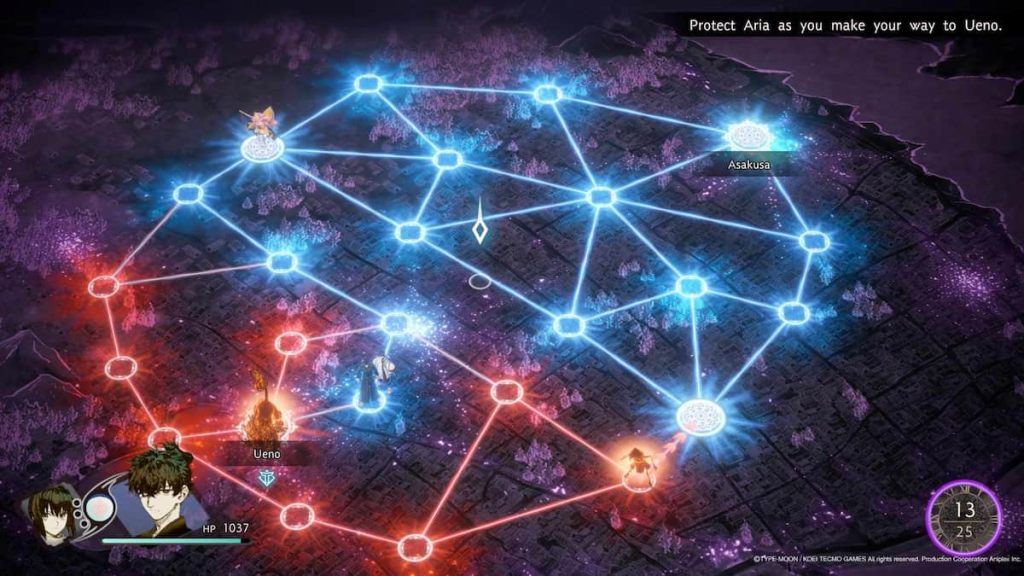
Outside of the battles, you’ll be exploring different towns and locations, as well as performing quests, upgrading your workshop, shopping for new items, and interacting with NPCs. The overworld design isn’t that interesting, though it’s limited by the setting, with many of the ramshackle towns feeling interchangeable.
Fate/Samurai Remnant uses a skill point system for Iori and the Servants, allowing you to unlock abilities spread across several different trees. Your home/workshop can also be upgraded by spending money and finding rare items. These aspects together ensure that you’re always gradually improving over the course of the game, and you have a reason to keep fighting and finishing quests.
There is also an overworld battle system, where the towns are linked by leylines, and you move Iori & his Servants across the board. You have a home base, and you link different town nodes together, fighting enemies for control over different regions and strategically cutting off their links will let you wipe out all of their units in specific areas. This mode is a lot of fun and offers a different way of breaking up the combat sequences. However, I have one complaint: sometimes, you’ll have a long cutscene or battle in the middle of one of these sections and forget what you were originally doing when you return to the mode.
Exploring The Story Of The Waxing Moon Ritual
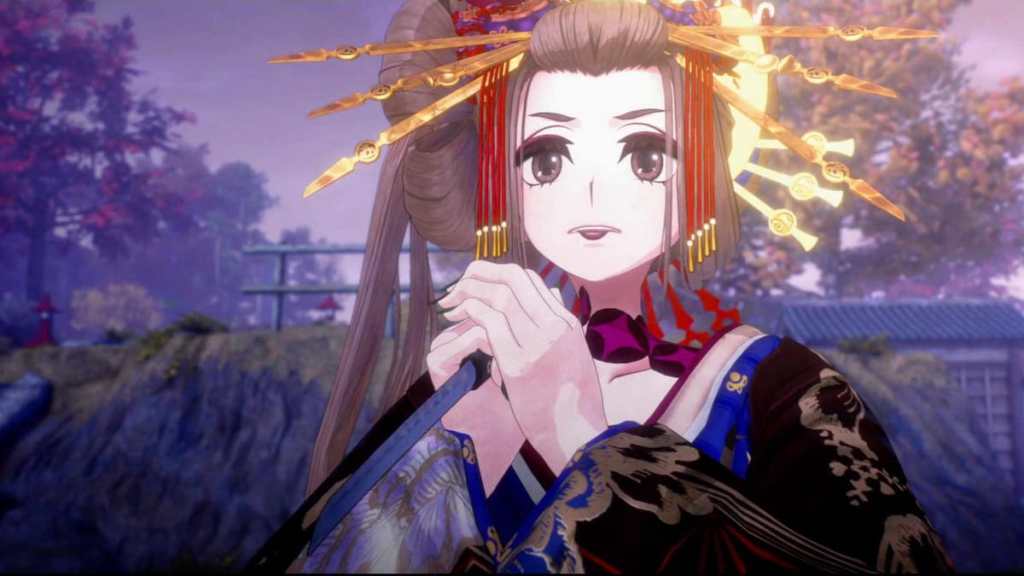
As Fate/Samurai Remnant is its own thing, you don’t need to be familiar with the other entries in the series to understand what’s going on. The concepts and characters are laid out clearly, and if you’re an anime fan, you should get on board with the Waxing Moon Ritual pretty quickly, as there are a lot of familiar aspects to the story.
Fate/Samurai Remnant might be an action game, but the story and its characters are some of the highlights of the experience. The overarching narrative and pacing have the feel of a TV show, with the mysteries and revelations gradually being revealed and the combat acting as a great filler for the heavier moments or longer dialogue scenes. There are also branching paths through the story and multiple endings for you to seek out.
One major disappointing aspect is the lack of an English dub, as this is a dialogue-heavy game with lengthy cutscenes, which means you have to be ready for a lot of reading, and this can be a pace killer when jumping from action scenes. Then again, the sheer bulk of the text might be why there is no English dub.
The Verdict
Fate/Samurai Remnant works as an excellent introduction to its franchise. A few issues aside, the combat system is fantastic and pulls off the difficult task of remaining fun over a lengthy runtime, which is something that similar titles can struggle with. The story is also superb and acts as the main motivator for you to pull out your sword as you push forward into the next mob of enemies.
- The multi-layered combat system is always a blast to experience
- Overworld map battle offers refreshing mix-ups to combat
- No English dub

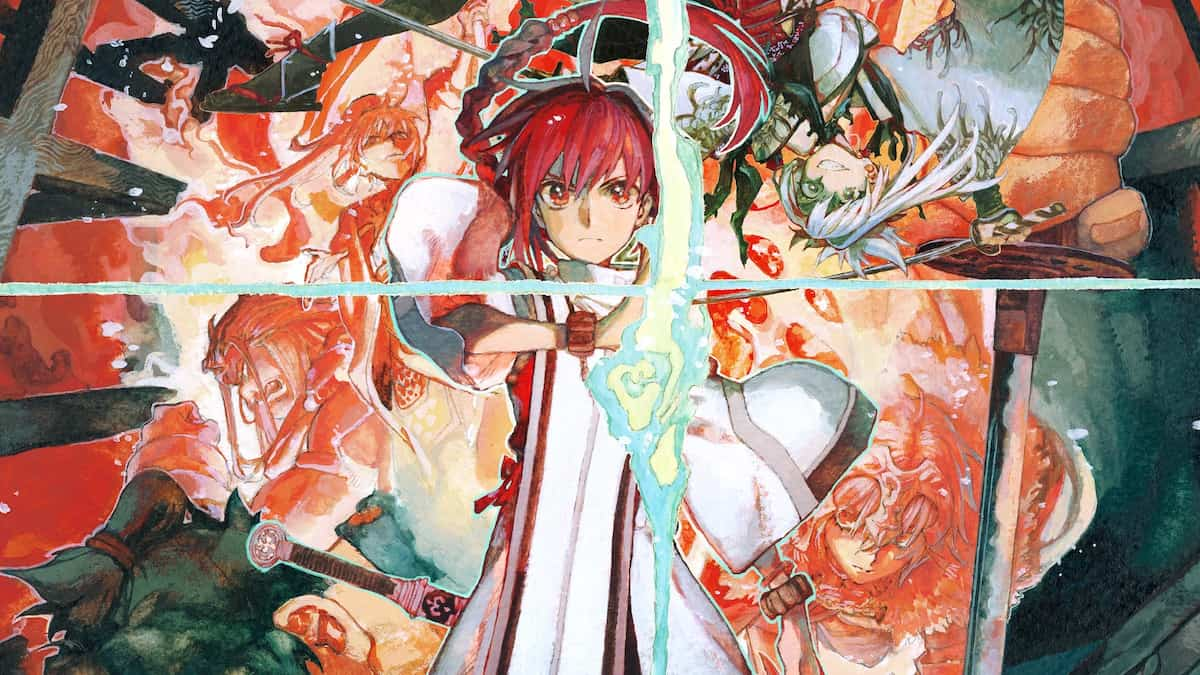


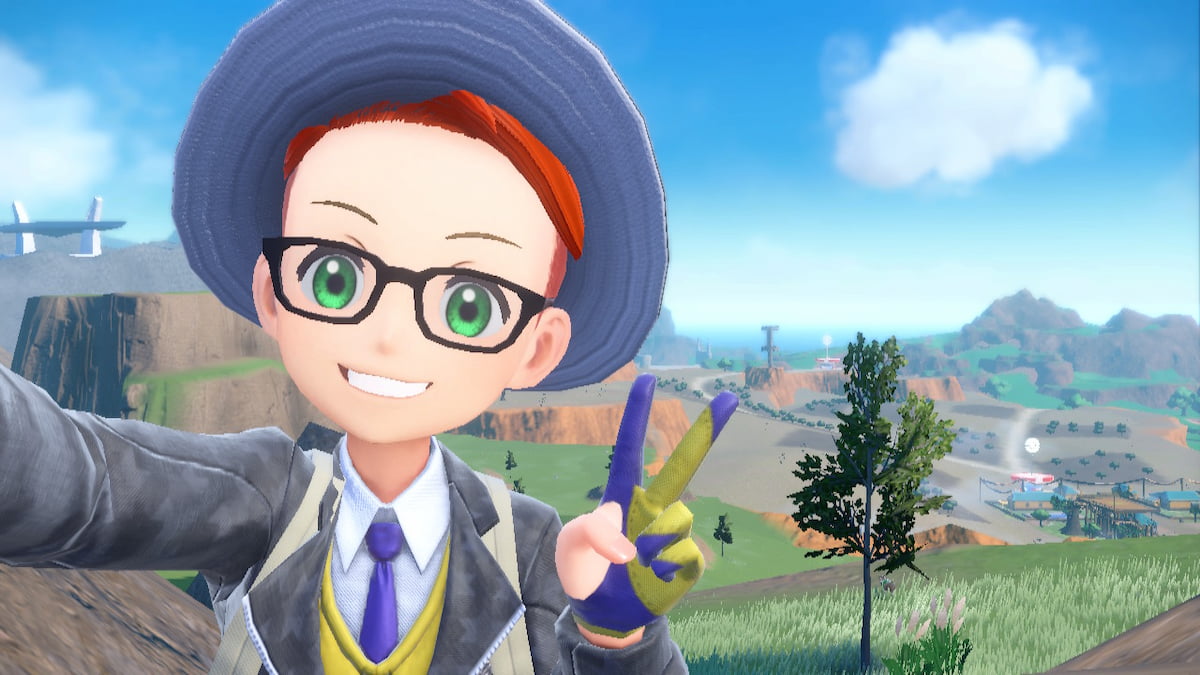

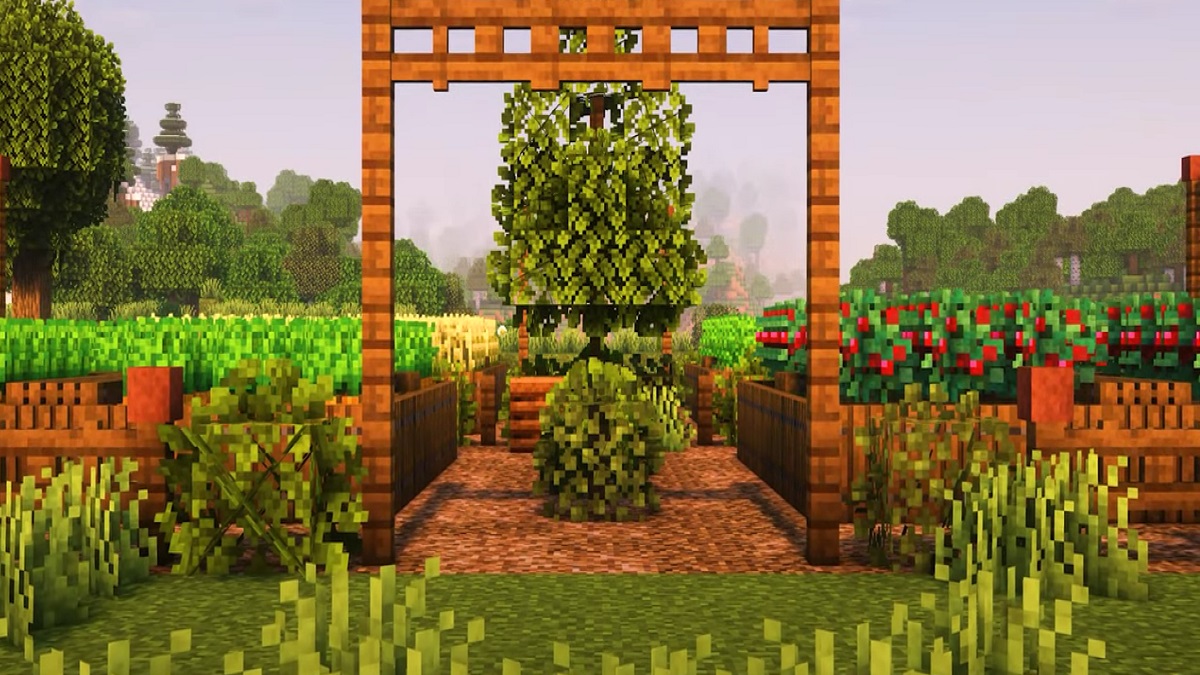
Published: Sep 28, 2023 11:30 am